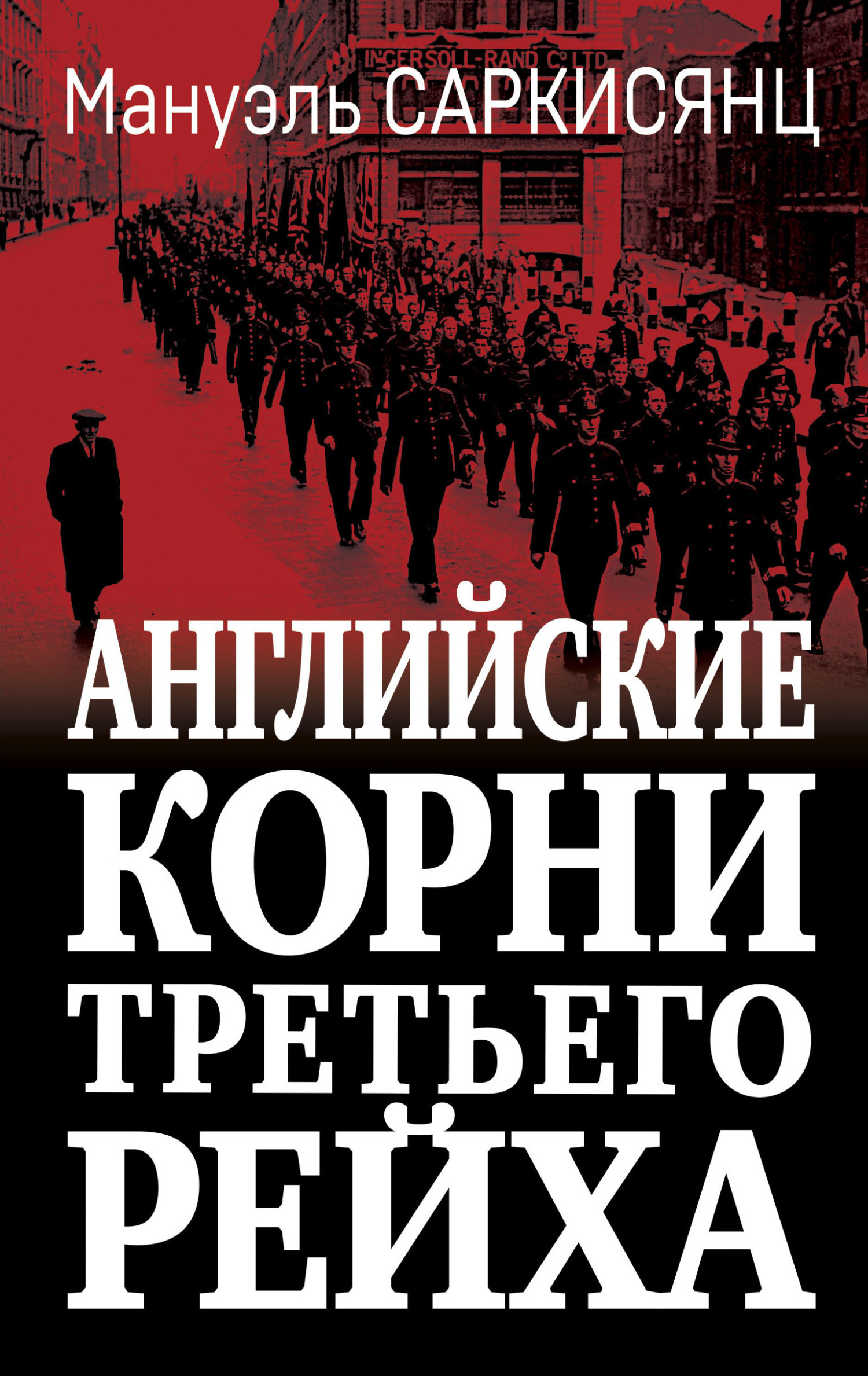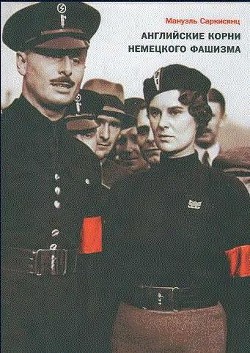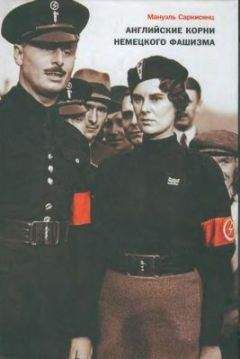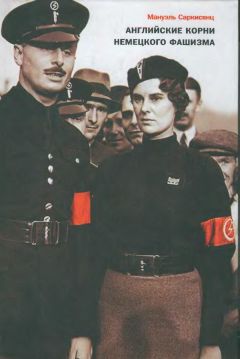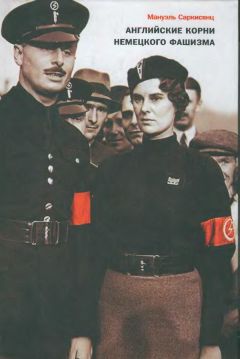Lothar Stengel von Rutkowski, Was ist ein Volk? Der biologische Xfolksbegriff (Erfurt, 1943).
Unveroffentlichte Rede Hitlers vom 22. Juni 1944, gehalten vor Offiziersanwartern, zitiert nach Christian Zentner: Adolf Hitler, Mein Kampf. Kommentierte Auswahl (1974), S. 225.
Emil Brix (Hrsg.), Ludwig Gumplowicz oder Die Gesellschaft als Natur (Koln, 1986), S. 25; Ludwig Gumplowicz, Grundriss der Soziologie (Wien, 1905), S. 139, 76, 78, 198.
Ibid., S. 195.
Ibid., S. 78.
Benjamin Kidd, Soziale Evolution. Deutsche Ubersetzung (Jena, 1895), S. 155, 156.
Lunn & Thurlaw, British Fascism, p. 178: Paul Hayes, «Contributions of British intellectuals to Fascism».
Benjamin Kidd, The Science of Power (London, 1918), p. 294.
Benjamin Kidd, Social Evolution (London, edition of 1898), p. 280.
Lunn & Thurlaw, British Fascism, p. 178.
Karl Pearson, National Life from the standpoint of Science (London, 1901), p. 19, quoted in Paul Hayes, «Contributions of British intellectuals to Fascism»: Lunn & Thurlaw, British Fascism. S. 176f; Bernard Semmel (as note 154), p. 4If, 44, 49f; Jonathan Rutherford, Forever England, Reflections on Masculinity and Empire (London, 1997), p. 55; G. R. Searle, The Quest for National Efficiency. A study in British politics and political thought 1899–1914 (Oxford, 1971), p. 96.
Patrick von zur Muhlen, Rassenideologien. Geschichte und Hintergrund (Berlin, 1977), S. 98, 215.
Friedrich Nietzsche, «Frohliche Wissenschaft»: Aphorismus 349: Werke, Band II (Munchen, 1966), S. 215; Веселая наука / Пер. M. Кореневой. // Ницше Ф. Стихотворения. Философская проза. СПб., 1993. С. 475.
Muhlen, Rassenideologien, S. 85 unter Anfuhrung von: John Berry Haycraft, Darwinism and Race Progress (London, 1895).
Хейкрафт Джон Берри (ум. 1922) – англ. врач и физиолог.
Muhlen, ibid., S. 85.
Robert Knox, Races of Men (London, 1850), p. V; S. Kiihl, Internationale der Rassisten (1994), S. 25.
Thost, Als Nationalsozialist in England (Munchen, 1939), S. 99; Thurlow, Fascism in Britain (London, 1982), p. 276; Hannah Arendt, Elemente… totaler Herrschaft, S. 288.
Ibid., S. 288; Weir and Boyle, «Human Rights in the United Kingdom»: The Political Quarterly, Vol. LXVIII, № 2 (April/June, 1997), p. 128; Michael Levin, in: American Historical Review, Vol. CV, No I (2000), p. 279; cf. Alan Ereira, People‘s history of England (London, 1981), p. 41, 50, 56f, 62, 67.
Don Herzog, Poisoning the mind of the Lower Orders (Princeton, 1998), p. 513; R. Baden-Powell, Scouting for Boys (London, 1908), p. 200; Politics for the People vom 6. Mai 1848, reprinted in: Joel H. Wiener (Editor), Great Britain. The Lion at Home. A documentary history of domestic policy 1689–1973, Vol. II (New York, 1983), p. 228, 230, 239f.
Missed footnotetext.
Беджгот Уолтер (1826–1877) – англ. экономист и политолог, сторонник социал-дарвинизма, автор книги «English constitution».
Don Herzog, p. 480, quoting «John Bull» of 11. May, 1834, p. 149; Ross McKibbin, Class and Culture. England 1918–1957 (1998), p. 530f; Hannah Arendt, Elemente… totaler Herrschaft, S. 289; Walter Bagehot, The English Constitution (Glasgow, 1975), p. 265–269.
Carl Peters, England und die Englander, S. 154–155.
Dibelius, England, II, S. 204, 20, 207; Bagehot, The English Constitution (Glasgow, 1975), p. 270, 271.
E. W. Eschmann, «Englische Fuhrelbildung»: Die Tat, XXVII, Heft 3 (Juni 1935), S. 169.
Reginald Reynolds, The White Sahibs in India (London, 1937), p. 274, 270, quotes Durant, The case for India (1930).
Heinrich von Treitschke, Politik. Vorlesungen, gehalten an der Universitat zu Berlin (Leipzig, 1898), S. 257, 525.
Hans Grimm, Englische Rede. Wie ich den Englander sehe (Gutersloh, 1938), S. 28.
V. G. Kiernan, The Lords of Humankind (London, 1969), p. 58; Friedrich Lange, Reines Deutschtum, Grundzuge einer nationalen Weltanschauung (Berlin, 1904), S. 237f.
Hannah Arendt, Elemente totaler Herrschaft, S. 289.
Edmund Burke, «Reflections on the Revolution in France»: Works (London, 1899), Vol. III, p. 251ff; John Morley, Life of Cobden, p. 76.
Charles Dilke, Greater Britain (London, 1885), p. 562; Baden-Powell, Scouting for Boys, p. 27; Wingfield-Stratford, The Squire and his Relations, p. 92.
Wilhelm Dibelius, England, II, Halbband (Leipzig, 1923), S. 191.
Kiernan, Lords of Humankind, p. 59, quotes J. W. Sherer, Havelock‘s March to Cawnpore (о. O., 1857), p. 108, 151f.
Hannah Arendt, Elemente… totaler Herrschaft, S. 289.
Volksgemeinschaft (нем.) – расовое единство – национал-социалистическое идеологическое представление о расовом превосходстве немцев и их гармоничном единстве. – Прим. перев.
Robert Cecil, The Myth of the Master Race, p. 92; Paul de Lagarde, Deutsche Schriften (Gottingen, 1903), S. 7: «Konservativ? Kleiner Sommer 1853».
Dibelius, England, II, S. 207.
Carl Peters, England und die Englander, S. 126; W R. W. Stephen (Editor), Life and Letters of Edward Freeman, Vol. II (London, 1895), p. 234, 236f; cf. H.F.K. Gunther, Ritter, Tod und Teufel, S. 129; Mackenzie, p. 105, quoting A. Merriman Labor, Britons through Negro Spectacles (London, 1905), p. 175ff; W. Kraus, «Raden Saleh. Ein indonesischer Maler in Deutschland»: Orientierungen 1 (1996: Universitat Bonn), p. 59, quotes Virginia Surtees, Charlotte Canning, Lady in Waiting to Queen Victoria (London, 1975), p. 158.
Hermann Rauschning, The Voice of Destruction (New York, 1940), p. 42: Walter Struve, Elites against Democracy, Leadership ideals in bourgeois political
